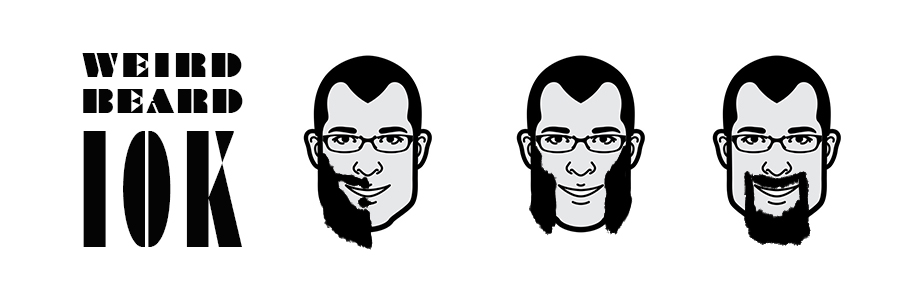Sarah Waddington doesn’t stop. She’s done a huge amount for the PR industry. Perhaps her greatest contribution is the FuturePRoof series. It’s forward looking and practical. You can’t say that about most of the words published about PR each year, and there is no shortage of writing about PR. Sarah was kind enough to share copy of the latest edition with me before publication.
Edition four seeks to celebrate ethnic minority talent. There is a lot of writing, across a number of industries doing that this year. That’s a good thing. Spurred by horrific events, momentum has built behind changing the status quo. Now is the time to capitalise on it.
The collection is dedicated to Elizabeth Bananuka, another unstoppable force driving PR towards equality, and her Blueprint programme. Elizabeth’s tweets sometimes make for uncomfortable reading. This is a good thing. In a similar vein, the first four contributions to this new edition of FuturePRoof make for uncomfortable reading. This is also good.
They ask fundamental questions about the difference between the PR industry’s proclamations about diversity and its lack of accomplishment. About the different between words and deeds. About accepting that, indeed all of us, are racist in some respect.
Deeper in, the subject matter brings strong insight on targeting, broadcast, public affairs and social media.
Alicia Solanki’s chapter on targeting based on culture and behaviour stood out. It goes beyond segmentation to something deeper. Something we all intuitively understand, but she brings process and clarity to it, citing P&G’s ‘smart audience work.’ It’s fair to say where the behemoths of FMCG go, we all follow.
Another highlight for me was the contribution from Dr Joanna Abeyie MBE. Looking at how we attract, retain and nurture diverse talent. It looks at long term planning, progression and really opening up and listening. For me, and I imagine many others, the events of this year have thrown out a lot of difficult management challenges. I really valued the reminder to get back to long term thinking and building resilience by planning, not reacting.
I’ll not turn this into a chapter by chapter list, but before closing I’d like to get back to being uncomfortable.
PR people, with our obsession with storytelling and framing, instinctively put everything in a positive light. Publicly at least, difficult conversations are skirted around. Sometimes that’s a good thing. It’s avoids confrontation. Right now, it’s not a good thing. We need to have uncomfortable conversations.
